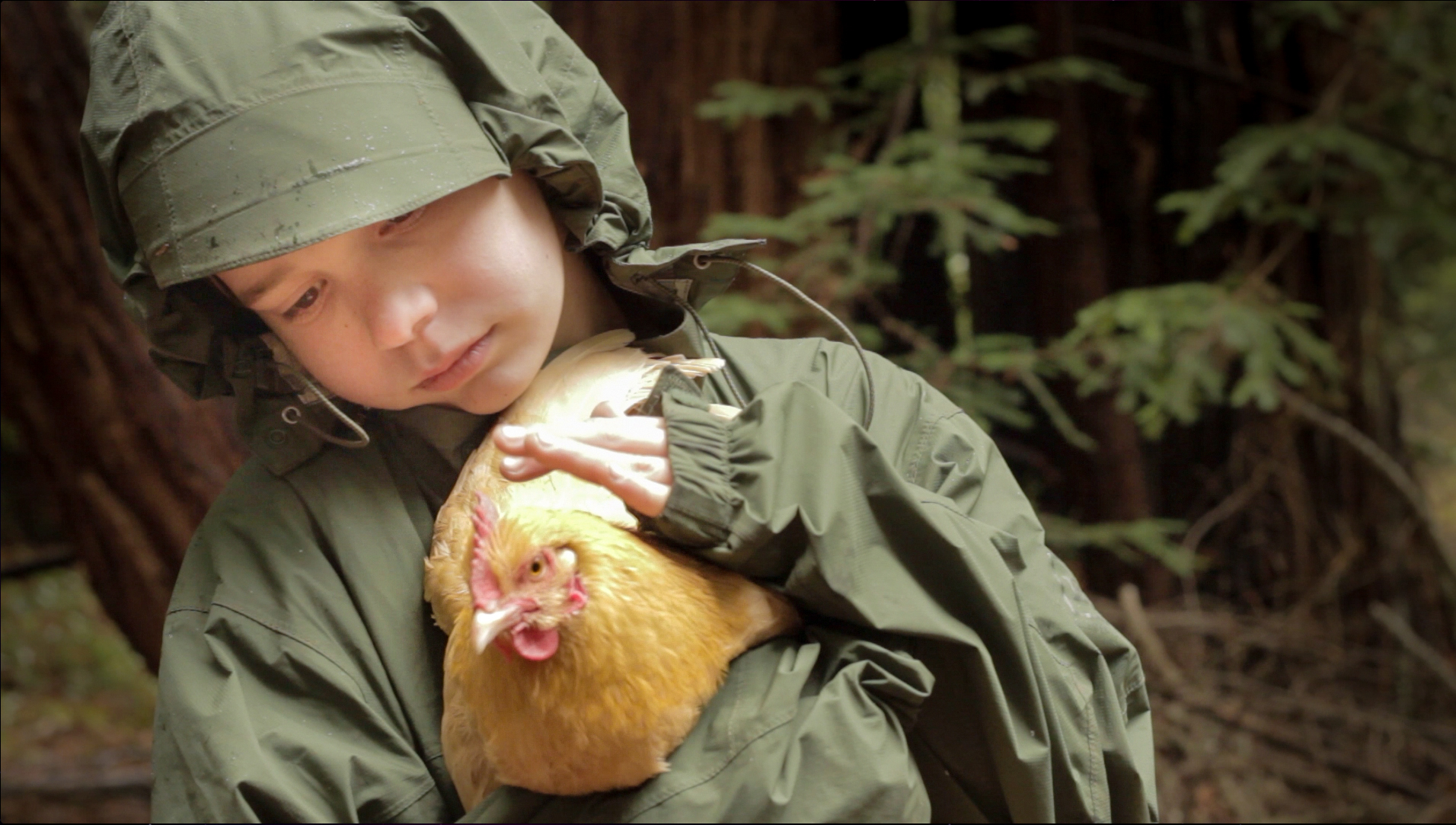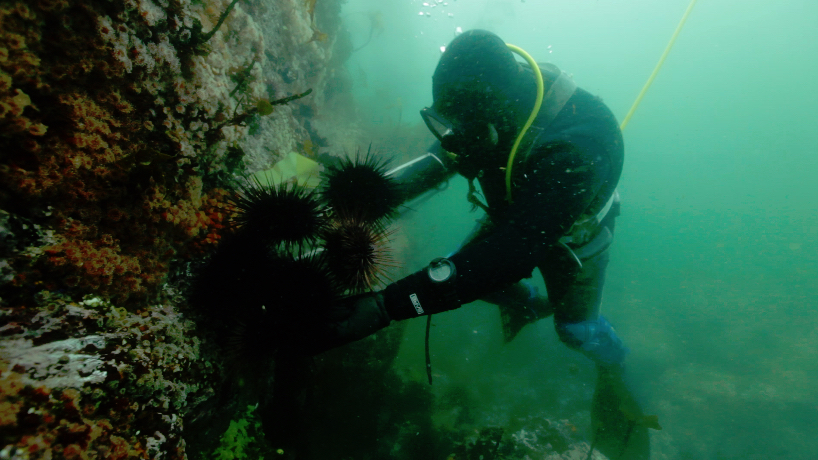How does the food we eat end up on our plates? Decades in to an increasingly active and aware food movement, this question still yields perplexing and complicated responses. For we carnivores, the answers also involve facing — or in many cases consciously avoiding — the hard realities of animal life within the meat industry. Two documentaries at this year’s San Francisco Green Film Festival peer into the complex and surprisingly emotional worlds of hunting and fishing.
In Vanessa Lemaire’s An Acquired Taste (World Premiere, Saturday, April 16, 3:30pm, Roxie Theater, SF), three teens tackle the issue of how the meat they crave comes to the table. Lemaire follows 12-year-old Nicholas and 13-year-old Alex through a one-year hunting program based in the Santa Cruz mountains. Meanwhile in Colorado, 13-year-old Ashlie has also developed the desire to hunt and goes through a similar, though notably less hippie, program teaching hunting and tracking skills to youngsters.
The documentary is decidedly ambiguous. It is interesting to sit quietly beside the kids as they willingly struggle with the complicated issue of taking life to sustain life — in the midst of the fraught transition from child to teen. Meanwhile, their parents wrestle with complicated reactions to their children’s quest for a kind of knowledge none are equipped to provide, much less guide. There are moments of genuine uneasiness caused by this seemingly spontaneous desire to learn to kill. None of the parents are hunters, so they try not to communicate their fears, which are mostly about safety. But there is a deep, almost subconscious undertone in the film that feels informed by school shootings and an increasingly incoherent national debate about gun violence. This issue remains largely unspoken by the parents, though one of the kids addresses it head-on. Considering how much we depend on killing for our food, this concern seems irrational next to the kids’ genuine desire for knowledge and experience.

Our culture has trivialized rites of passage, relegating them to superficial rituals that test neither skill nor fortitude. The film is a chronicle of three teens who face this void and choose to test themselves. No matter how you feel about hunting or even about eating meat, you cannot help but rejoice when, after months of study, the kids win their hunting licenses. It is a gift to witness the play of conflicting emotions that break over the kids’ faces when they finally succeed at killing. “An Acquired Taste” is a pretty apt title for this film as an experience, given how many subtly intertwined ideas surround hunting in today’s pre-packaged world.

